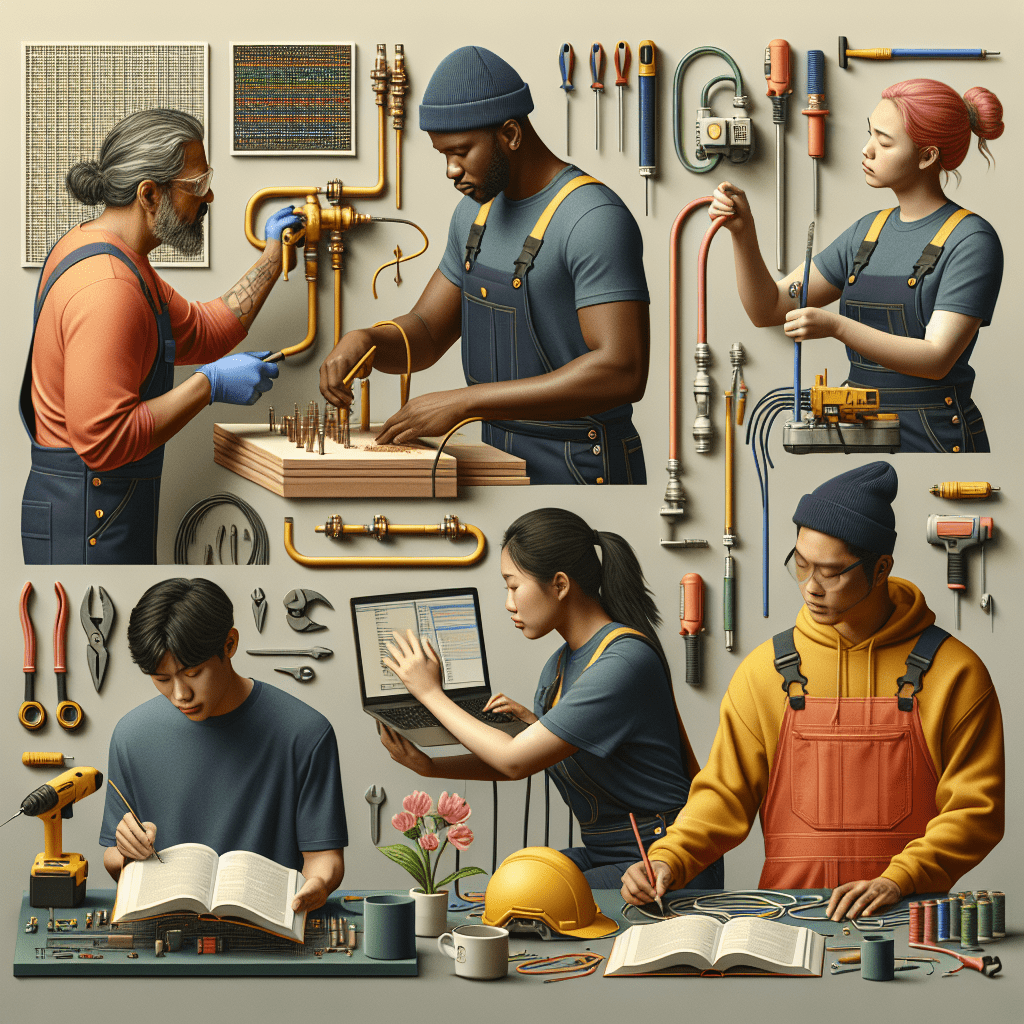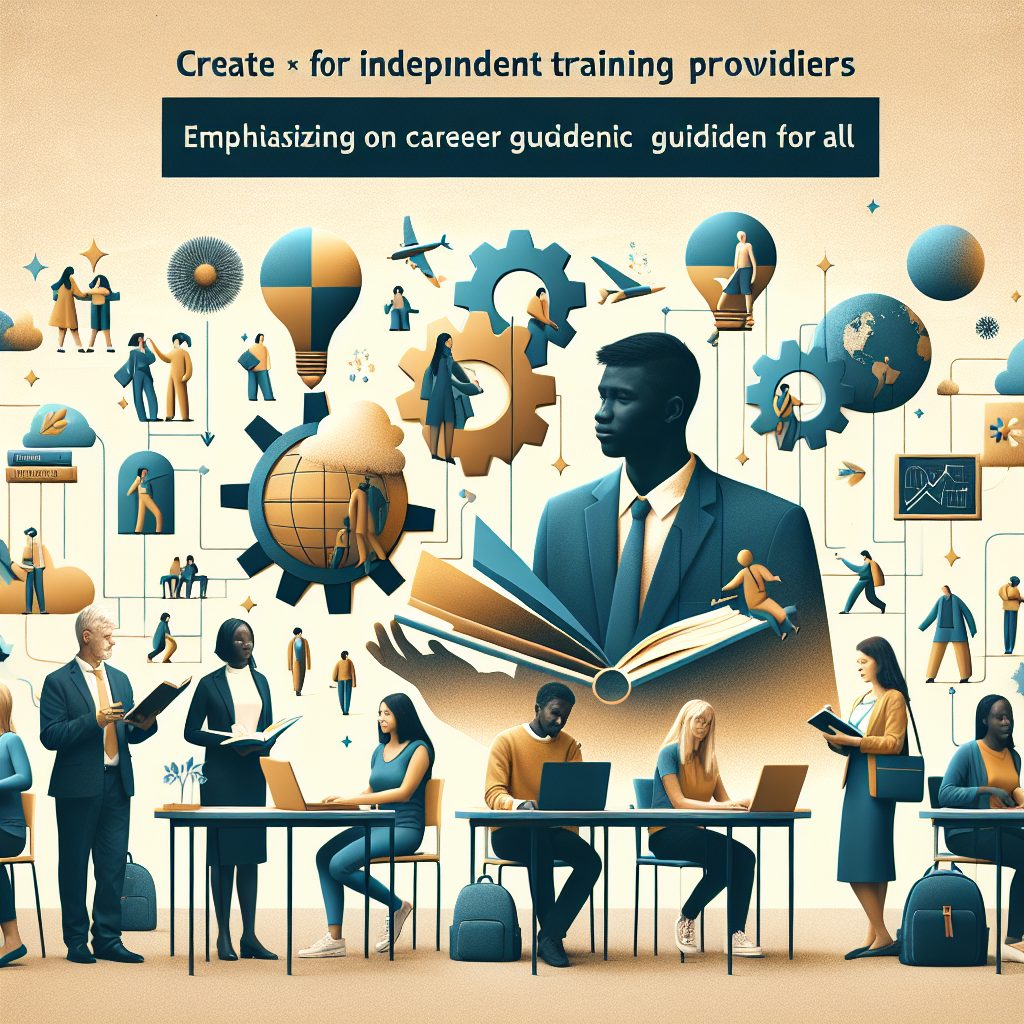
Unlocking Opportunities: Understanding the Impact of V Levels on Post-16 Education

Is Your Understanding of Post-16 Qualifications Holding You Back?
Let’s get straight to the point: if you think education stops being important once you finish school, you’re missing out on a world of opportunity. I’ve seen firsthand how education evolves and how staying in the loop can open doors. Recently, a group from City Skills has dived deep into the new V levels and their role in post-16 education. Trust me, these changes are significant, and understanding them can make a real difference in your life or career.
What Are V Levels and Why Do They Matter?
You might be wondering, “What on earth are V levels?” Well, these new vocational qualifications provide a fresh outlook on practical training. They’re designed to empower students with skills that businesses actually need. Gone are the days of bland academic courses that have little relevance to the real world.
The shift towards vocational training is here to stay, and the V levels are at the forefront of this movement. By focusing on hands-on experience and practical knowledge, these qualifications are more aligned with what employers are looking for. You see, education isn’t just about passing exams; it’s about preparing for life.
How Do V Levels Equip Learners for Success?
Now you’re probably asking yourself how exactly the V levels can help you or someone you know. Well, let me paint a picture. Imagine a young person stepping out into the job market, armed with concrete skills and knowledge that make them attractive to employers. That’s what V levels aim to deliver.
These qualifications focus on practical skills in areas like engineering, healthcare, and creative arts. They cater to the needs of modern industries and foster a sense of readiness in learners. It’s all about making education relevant and engaging, which ultimately enhances employability. And who doesn’t want that?
Empowering Each Other with Knowledge
Understanding these changes isn’t just for students. Educators and employers stand to gain immensely as well. When teachers are informed about the new qualifications, they can better guide students towards fulfilling career paths. Similarly, businesses that recognise the value of V levels can tailor their recruitment strategies to attract candidates who fit their needs.
This whole synergy between education and industry is crucial. It’s about us all working together to create a culture that values skill development. I remember my own journey; there was a time when I didn’t quite appreciate the value of practical skills until I was thrown into the mix of running a business. The lessons I learned from that experience were invaluable.
How to Prepare for These Changes
So, how do you navigate this evolving educational landscape? First, stay curious. Attend workshops, read up on new qualifications, and engage with others in the field. Whether you are a student, educator, or employer, ask yourself what skills are relevant today and how you can adapt. The world is changing, and staying informed is your best bet.
Another tip is to connect with fields that interest you. Reach out to professionals, mentors, or organisations passionate about skill development. Take advantage of resources like City Skills, which aim to bridge the gap between education and employment.
Are You Ready to Embrace Change?
So, ask yourself: how are you preparing to navigate these changes in education and training? Remember, if you’re feeling left behind, don’t fret! This is your chance to dive in and make a difference, whether for yourself or those you care about.
If you found this post insightful, share it with someone who might benefit from understanding these changes better. The future is bright, and it’s time we all embraced it!





